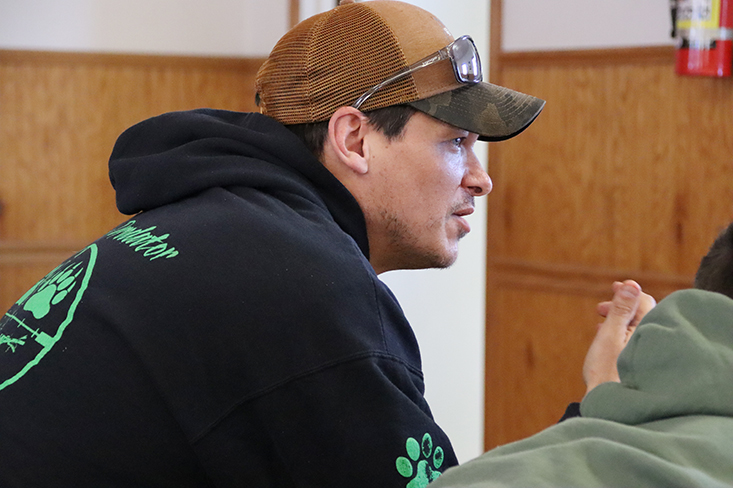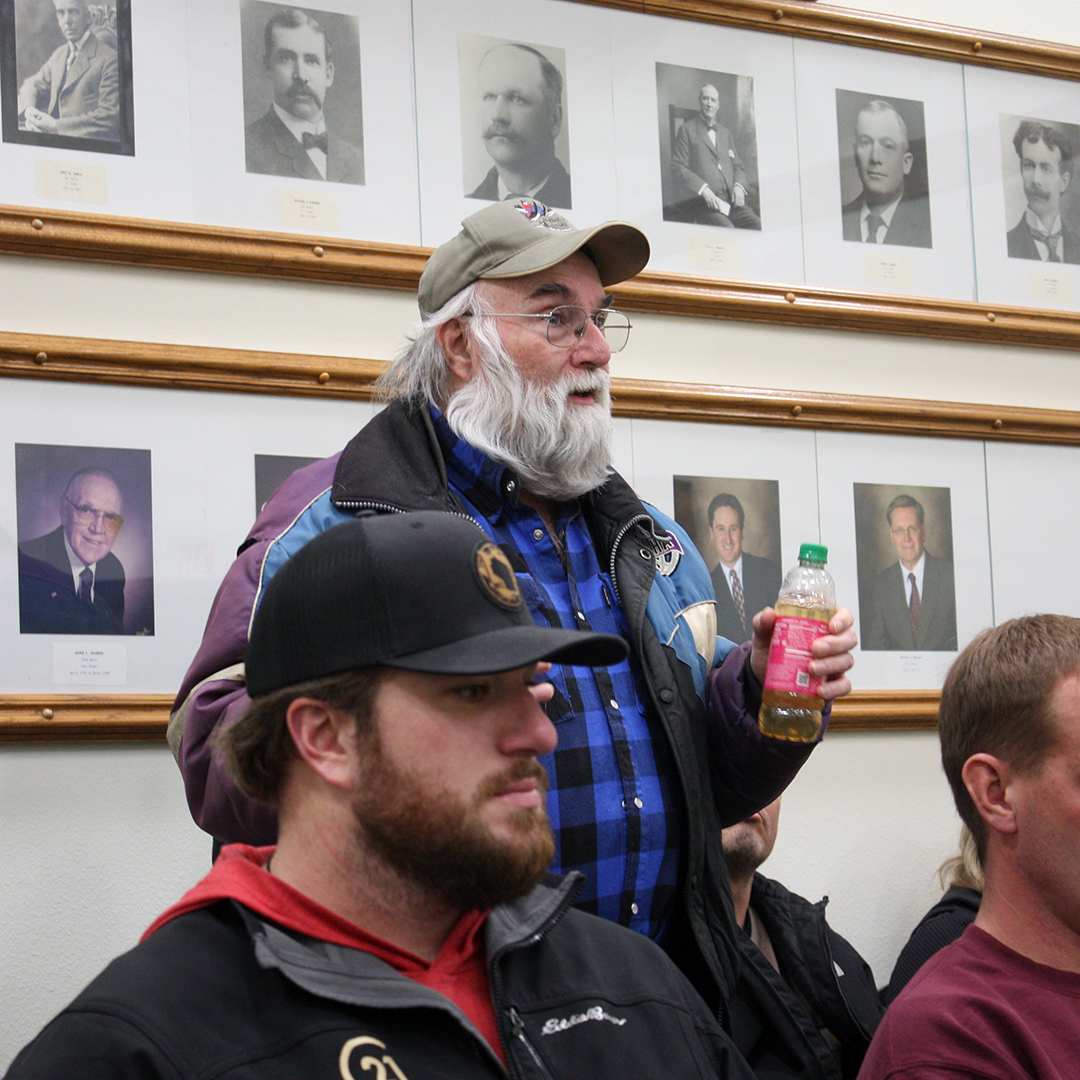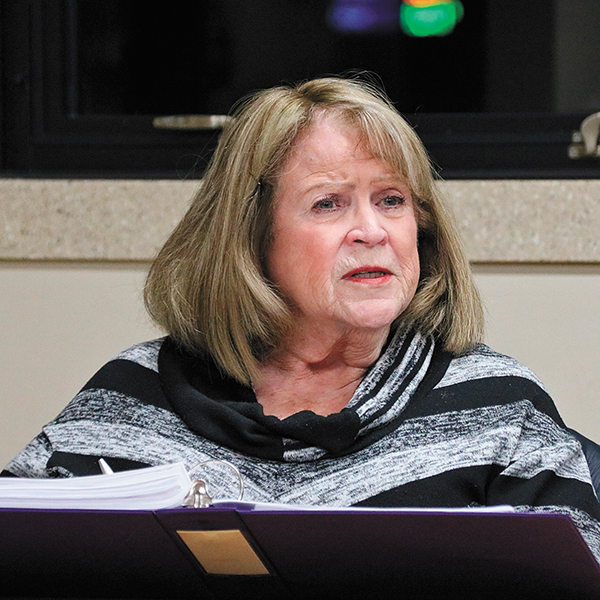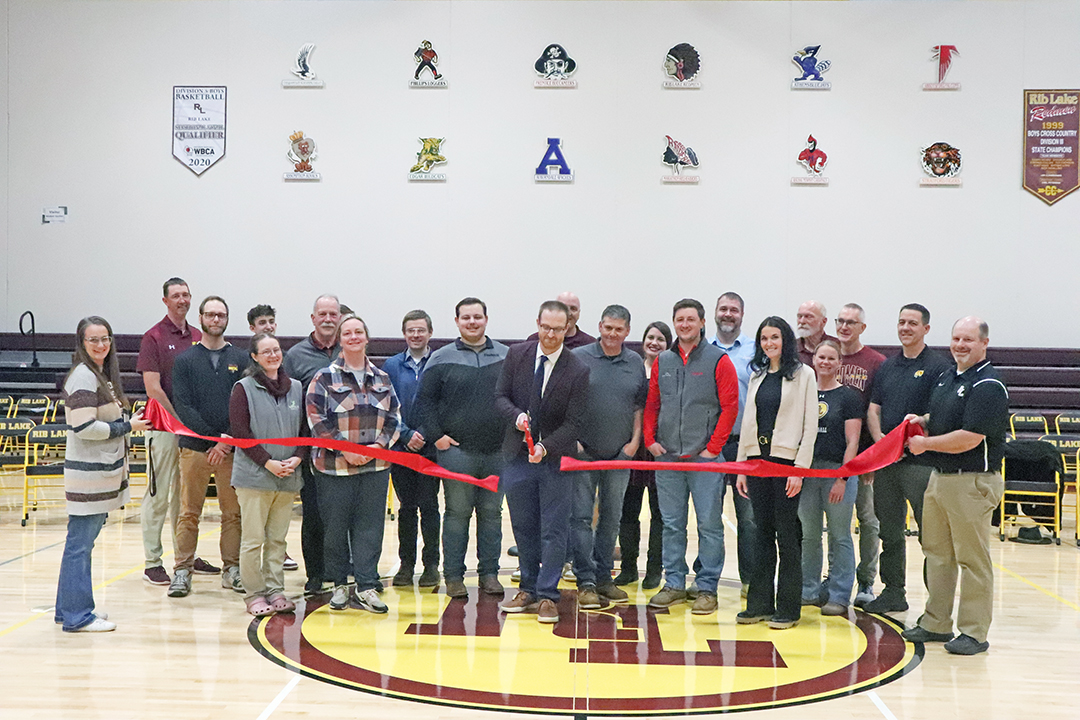Lake Holcombe Town Board; Still searching for waste treatment compliance


Jesse Claflin was present Feb. 17, fora special Lake Holcombe Town Board meeting, to talk about what he can do to help the sanitary district get in compliance at the treatment plan...





